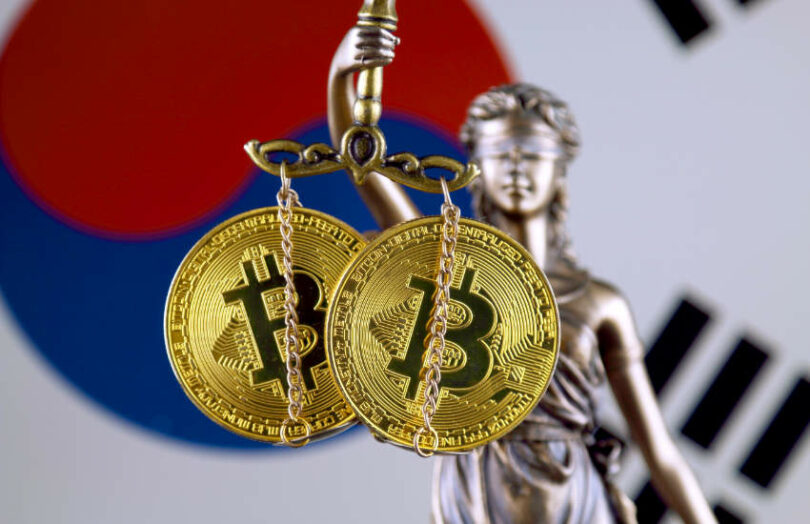On Friday South Korea’s National Assembly passed the “Act for the Protection of Virtual Asset Users”. It covers protection such as crypto custody segregation, regulation of unfair trading practices and gives regulators powers to supervise and take enforcement actions against crypto firms. The law comes into force in July 2024.
According to the Financial Services Commission, the legislation adheres to the principle of same activity, same risks, same rules. It also aims to be consistent with legislation in other parts of the world. There’s a desire to implement legislation gradually. Now these laws have been enacted, the next phase will cover the issuance and distribrution of tokens, including the disclosures required.
As context, the May 2021 collapse of Terra was the primary trigger of the crypto crash. And Terra was founded and largely operated out of South Korea.
What Korea’s crypto regulations covers
Regarding asset protection, the legislation includes an obligatory ban on commingling of business assets with client assets. It also requires a proportion of the assets to be held offline in cold wallets. Service providers must either have insurance or mutual aid coverage, or alternatively have a reserve fund to use to compensate users in the event of hacks or other failures. Crypto companies must keep transaction records for 15 years.
The legislation also addresses market abuses, including insider trading and price manipulation. Providers are not allowed to make false statements or omit important facts. Deposits and withdrawals can’t be blocked for no reason. Additionally, there are restrictions on trading in crypto assets issued by the provider.
Penalties for breaching the rules include prison terms starting at one year or fines of three to five times the amount of unjust gains. Violating rules on trading in self issued crypto carries steeper penalties of up to ten years in prison.
In preparing to implement the laws, the Financial Services Commission says it will consult with several other government departments, including the Ministries of Finance and Justice as well as the central bank.
Meanwhile, existing legislation largely covers the area of tokenized securities, and many of Korea’s largest institutions are working on launching digital securities platforms. Quite a few of the initiatives are retail focused.






